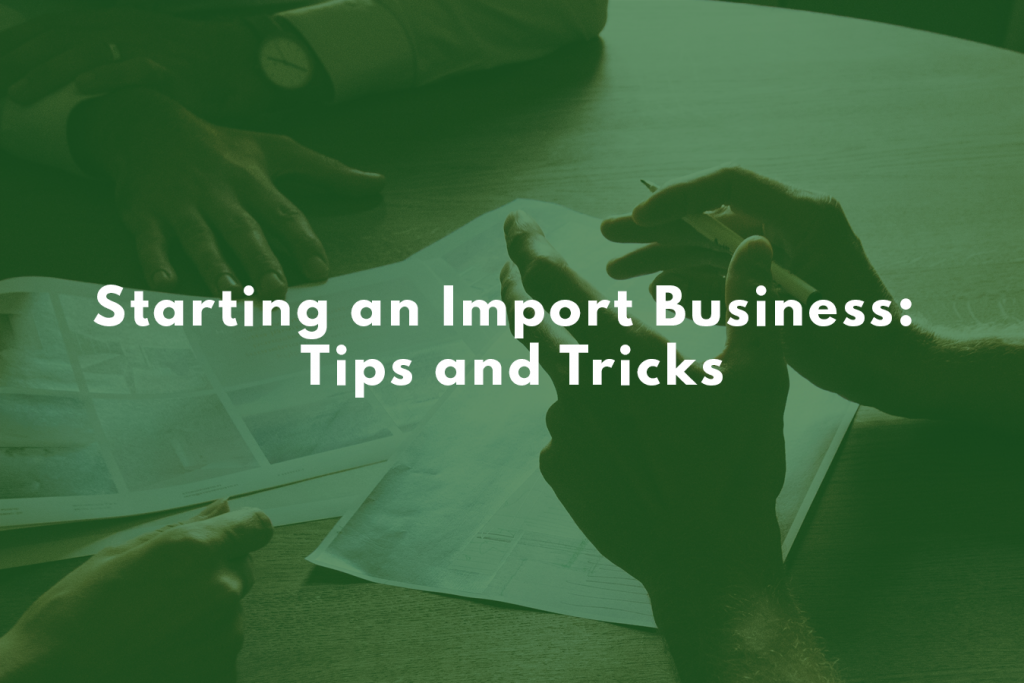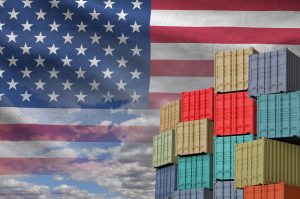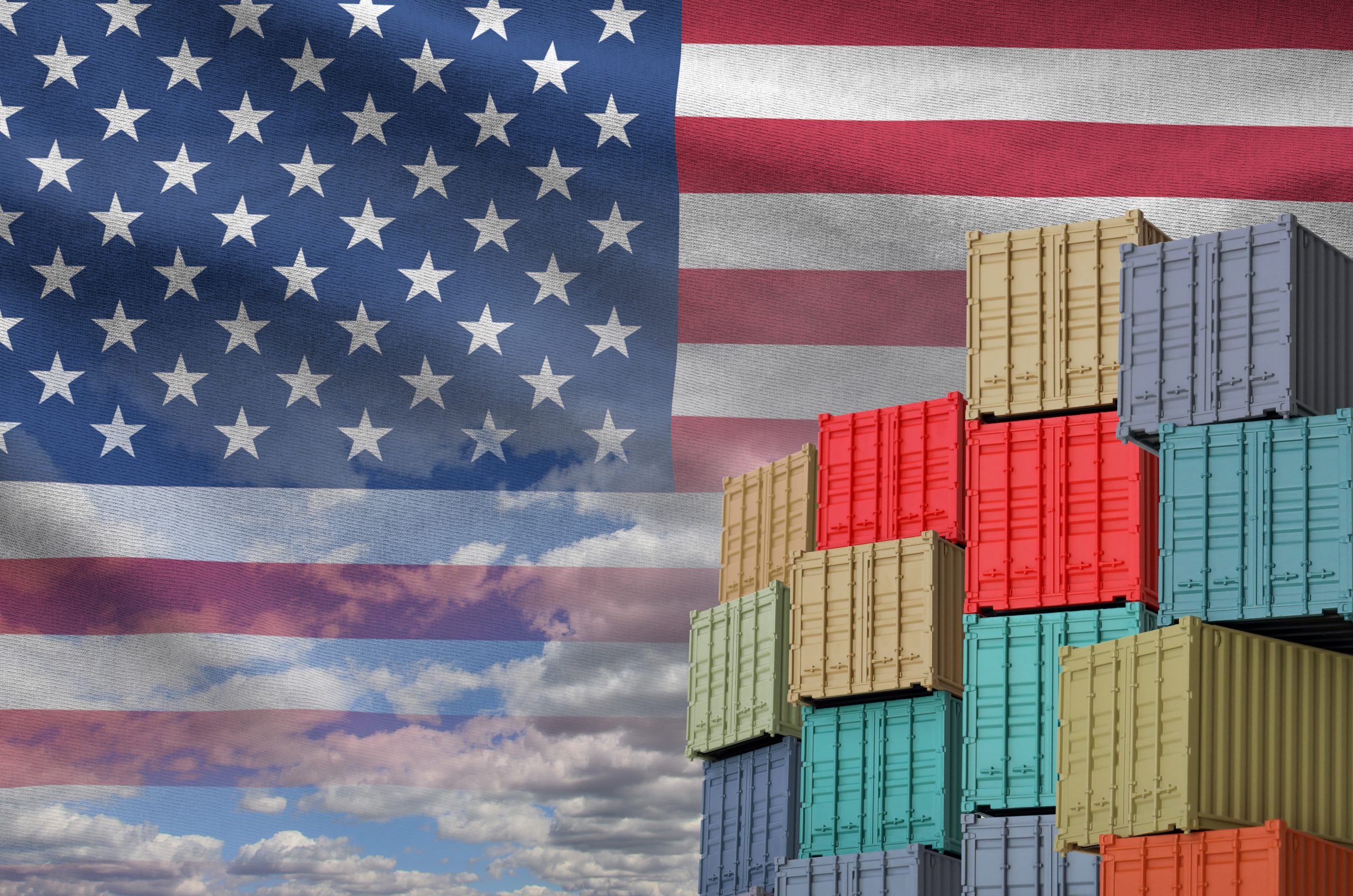Maybe you’re looking to expand your offering — maybe you’re looking for your next challenge. You might have gotten the idea from a business partner, seen it work for another company, or maybe you’re just curious about it. No matter what, starting an import business seems like a good idea.
Now what?
Setting Up your Import Business
Unfortunately, you can’t just decide you want to start importing and order your stock. In order to operate as a legitimate import business, you need to do a little work first.
Register your business
You’ll need to have a registered business before you can do any business, be it importing or otherwise. If you don’t already have a business number, or if you want to import under a different name, you’ll have to start by registering your business name.
There are four ways you can register your business name — you’re not necessarily required to do all four. You should start by registering your entity name to protect your business within your state; you’ll have to check with your specific state to see how they do it. After you have your entity name, you can trademark your name at the federal level to protect your business if you’d like.
Once you’ve established your business name, it’s time to decide how to legally structure and register your business. It will be easiest to start as a sole proprietor without partners or employees because you’ll only need to use your Social Security Number to manage your business with the IRS.
Check for permits
There is a chance you won’t need any permits or licenses, but you shouldn’t take that as a given.
Depending on your state, you may need a business license to operate an ecommerce venture out of your own home, or you may not. You’ll have to check with your state for the specific requirements.
The act of importing and exporting doesn’t need a permit as a general rule, but some goods are regulated and controlled. Once you know what you’re importing, get in contact with the corresponding federal agency for information on import controls.
Payment processing, freight forwarding, and customs brokerage
Doing business overseas means dealing with international payment processing — which isn’t always the easiest puzzle to solve! If you’re doing business in bulk, you’ll want to partner with a payment processor specialized in international payments.
You’ll also need a freight forwarding company. When you’re just starting out, you’ll likely ship LCL — less than container load — as you won’t have enough product for FCL (full container load) shipping. Make sure to ask them about cargo insurance!
Finally, you’ll benefit from an experienced customs broker partner. Clearing goods is more complicated than you might think; we can take some of the pressure off so you focus on sourcing and selling your goods, not actually getting them in the country.
Finding Suppliers
So you’re ready to get importing — but what are you going to import?
Deciding what goods you want to sell depends on what kind of sales reach you have. If you’re planning on adding to an existing business’ offering, you’ll have a good idea of what your customers like — what else can you start adding to your stock? If you’re starting from scratch, do a little market research — is there a niche you can be filling? Do you live in an area where certain goods are hard to get? That might be your first import.
Once you’ve decided what you’ll be selling, you’ll need to find your supplier. There are a number of ways you can go about that, but the best way to be to find a wholesale trade platform and start searching for the best fit. Start with a small order to test the supplier.
—
Importing business can be rewarding endeavors. You get to meet people from around the world, see business in a whole new light, connect with new people, hear old stories… helping bring the world closer together pays off!






